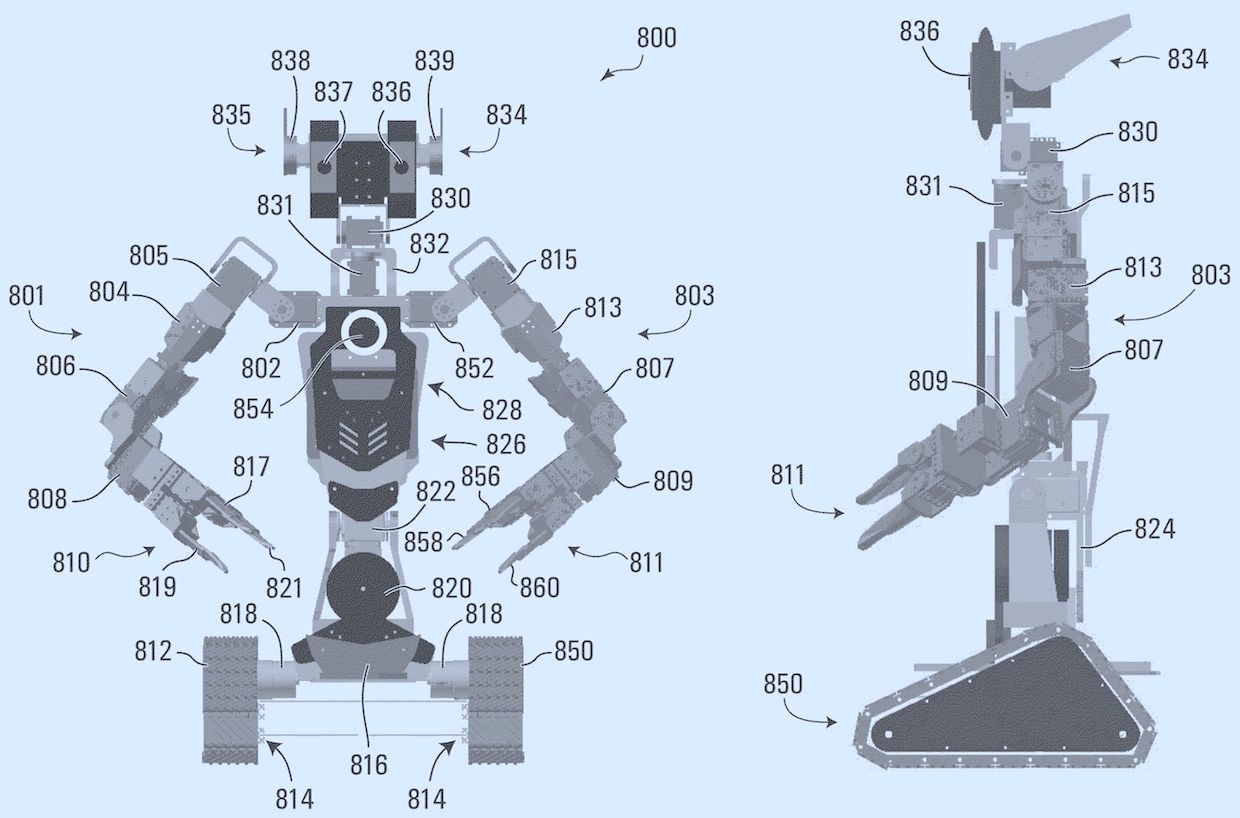
As if quantum computing wasn’t mind-bending enough, one of D-Wave Systems’ founders is now pursuing another futuristic idea: using artificial intelligence and high-tech exoskeleton suits to allow humans—and, at least according to one description of the technology, monkeys—to control and train an army of intelligent robots....MUCH MORE
Geordie Rose is a cofounder and chief technology officer of D-Wave, the Canadian company selling machines that it claims exploit quantum mechanical effects to solve certain problems hundreds of millions times faster than traditional computers.
Now an IEEE Spectrum investigation has discovered that Rose is also CEO of Kindred Systems (aka Kindred AI), a stealthy startup he founded with others in 2014 dedicated to delivering advanced teleoperated and autonomous robots. The goal is making programming robots faster and less costly–and possibly revolutionize the world of work.
Kindred has so far received well over US $10 million in funding, according to Data Collective, the venture capital firm that led one of the rounds. Another Silicon Valley VC firm, Eleven Two Capital, also has a stake in the company. In a blog post, Data Collective described Kindred as using “AI-driven robotics so that one human worker can do the work of four.”
Kindred has kept a very low profile, issuing no press releases and maintaining only a very basic website. However, last November, Suzanne Gildert, a former D-Wave researcher who is a cofounder and CTO of Kindred, told an audience of technologists that the company was building personal robots that use machine learning to recognize patterns and make decisions. “Quantum mechanics is cool, but humanlike intelligence in robots is cooler,” she is reported as saying.
Kindred, based in Vancouver, B.C., Canada, recently filed a U.S. patent application revealing the extent of its ambitions. The document describes a system where an operator wearing a head-mounted display and an exo-suit of sensors and actuators carries out everyday tasks. Data from the suit and from other external sensors is then analyzed by computers in the cloud and used to control distant robots. The data could also be used to train machine learning algorithms that would allow the robots to imitate the operator’s actions autonomously.
“An operator may include a non-human animal such as a monkey,” says the patent, “and the operator interface may be…re-sized to account for the differences between a human operator and a monkey operator.” (This isn’t the first device to enable monkeys to direct robots, but previous research has focused on brain-machine interfaces, not robot control and autonomy.)...
As that last line states this is coming perilously close to Doc Nicolelis’s turf:
Where In the World Is Izabella Kaminska?--"Scientist Hacks Into Another Scientist's Mind"
Here's The Most Advanced Human Brain-to-Brain Interface
Monkey Steers Wheelchair With It's Little Monkey Mind
July 2015
Mind-Meld: Neuroscientists Link Three Monkey Brains Into Living Computer
March 8, 2015
Apr. 23, 2014
Nov. 6, 2013
Huh, The Brain/Machine Interface Biz Made Some Progress Last Month
March 2, 2013
Update: Not Everyone is Impressed With Dr. Miguel Nicolelis' Latest Intercontinental Mind-Meld
Feb. 23, 2013
Maybe He Didn't See the Part Where the Monkey Controlled a Robot on the Other Side of the World With Its Little Monkey Brain
Feb. 21, 2013
UPDATED--"A leading neuroscientist says Kurzweil’s Singularity isn’t going to happen...."
Feb. 8, 2013
"In Scientific First, Researchers Link Two Rats' Brains via Computer" (What's next, the paralyzed walk?)
Huh, The Brain/Machine Interface Biz Made Some Progress Last Month
March 2, 2013
Update: Not Everyone is Impressed With Dr. Miguel Nicolelis' Latest Intercontinental Mind-Meld
Feb. 23, 2013
Maybe He Didn't See the Part Where the Monkey Controlled a Robot on the Other Side of the World With Its Little Monkey Brain
Feb. 21, 2013
UPDATED--"A leading neuroscientist says Kurzweil’s Singularity isn’t going to happen...."
Feb. 8, 2013
"In Scientific First, Researchers Link Two Rats' Brains via Computer" (What's next, the paralyzed walk?)